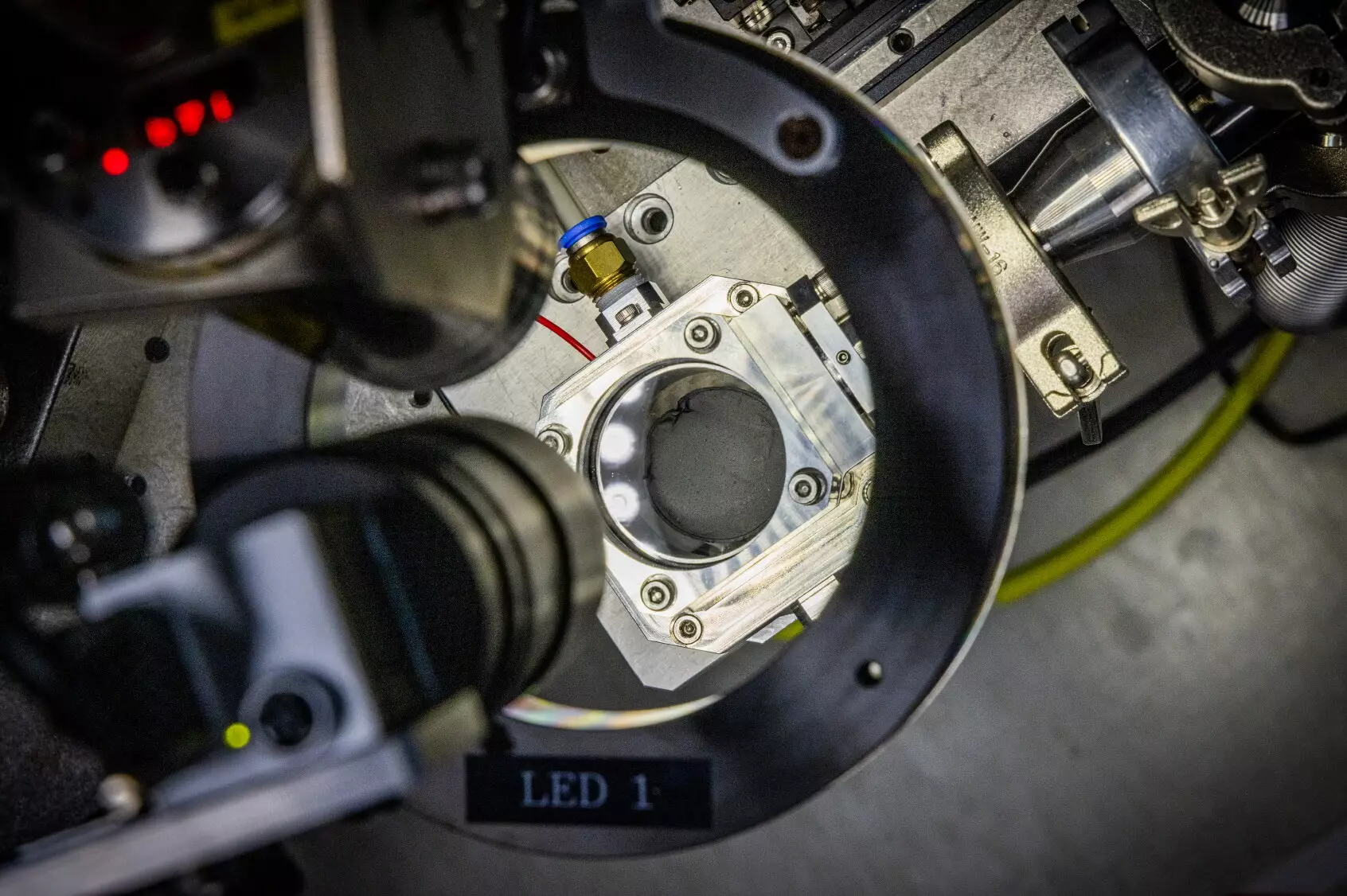As the demand for sustainable energy storage solutions grows, the development of sodium-ion batteries is capturing significant attention in the research community. Unlike the traditional lithium-ion batteries that currently dominate the market, sodium-ion batteries utilize sodium (Na) as their primary component. Sodium is an abundant element found in various natural sources, making it a more accessible alternative to lithium (Li), which is increasingly becoming difficult to source responsibly. This shift towards sodium not only offers potential cost benefits but also contributes to reducing the environmental impact associated with lithium extraction.
Sodium ions boast several favourable characteristics, including a lower propensity for reactivity compared to lithium, providing improved electrochemical stability. This intrinsic quality grants sodium-ion batteries advantages in fast charging and discharging capabilities, while also ensuring efficient performance in low-temperature environments. However, despite these appealing traits, sodium-ion batteries are confronted with substantial challenges that hinder their widespread adoption.
A primary hurdle facing sodium-ion batteries is the necessity for hard carbon anodes. Given the larger size of sodium ions compared to their lithium counterparts, traditional graphite anodes cannot effectively accommodate the sodium-ion’s movements through the structure. Hard carbon, which is a synthetic material with a distinct structure that permits greater interlayer spacing, is vital for the optimal functioning of sodium-ion batteries. However, the pathway to producing hard carbon anodes is intricate and resource-intensive.
The conventional process involves heating hydrocarbon materials—which can derive from both plant sources and polymers—under an oxygen-free environment to exceed temperatures of 1,000°C, followed by extensive carbonization periods. This not only presents an economic burden but also raises environmental concerns regarding the energy consumption and emissions associated with such manufacturing processes.
Addressing these challenges, a collaborative research team led by Dr. Daeho Kim and Dr. Jong Hwan Park at the Korea Electrotechnology Research Institute (KERI) has unveiled a groundbreaking method utilizing microwave induction heating technology. This novel approach drastically reduces the time required to prepare hard carbon anodes to just 30 seconds, a stark contrast to traditional methods. Mirroring the functionality of a microwave oven, the process employs energy efficiently to achieve the necessary conditions for carbonization without compromising material integrity.
The team’s technique begins with the formulation of composite films by mixing conductive carbon nanotubes with various polymers. Upon applying a microwave magnetic field, currents are induced within the carbon nanotubes, instantly raising the temperature of the composite to over 1,400°C. The result is a highly efficient synthesis of hard carbon anodes, benefiting from both speed and energy conservation. This innovative methodology not only demonstrates a significant leap in the carbonization process but also aligns with KERI’s broader objectives of advancing carbon nanomaterials research.
The research results, documented in the Chemical Engineering Journal, underscore the remarkable potential of this technology. The study was co-authored by emerging researchers Geongbeom Ryoo and Jiwon Shin, who have contributed significantly to the academia-industry collaboration promoted by KERI. The insights gained through their “multiphysics simulation” technique offer a deeper understanding of the electromagnetic interactions during the carbonization of nanomaterials, yielding a cutting-edge methodology for anode material production.
With growing concerns over the safety of lithium-ion batteries—exemplified by the increasing incidents of electric vehicle fires—sodium-ion technology is being viewed as a safer alternative, particularly well-suited for cold-weather applications. Dr. Kim and Dr. Park express their optimism that the efficiency and speed of the microwave induction heating method can drive the commercialization of sodium-ion batteries in the near future.
Looking to the horizon, the research team at KERI aims to enhance the performance of their hard carbon anodes further and explore continuous mass production technologies for large-scale applications. Additionally, they see the possibility of expanding microwave induction heating techniques beyond sodium-ion batteries, potentially benefiting all-solid-state batteries that require high-temperature sintering processes.
With existing patent applications underway, KERI anticipates interest from industry stakeholders focused on energy storage solutions and is eager to form partnerships that leverage their innovative technology. As research continues to underscore the importance of sustainable and efficient energy storage, the advancements made in sodium-ion battery technology could play a pivotal role in shaping the future of battery applications and environmental sustainability.


Leave a Reply